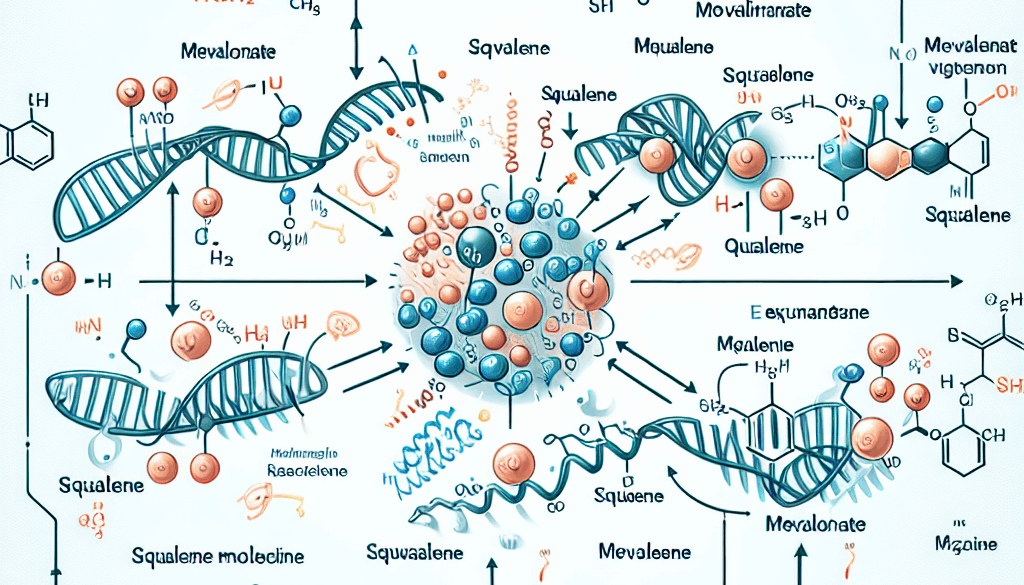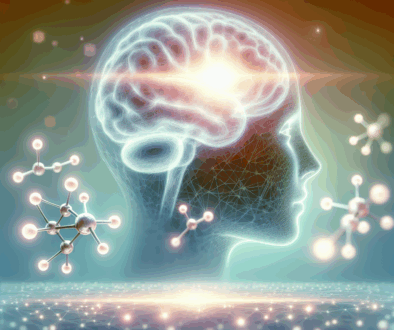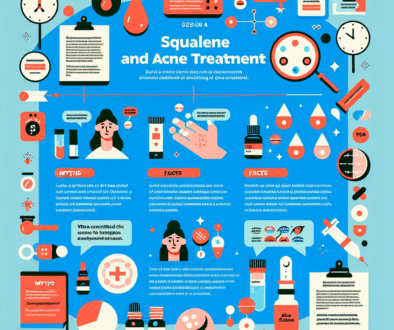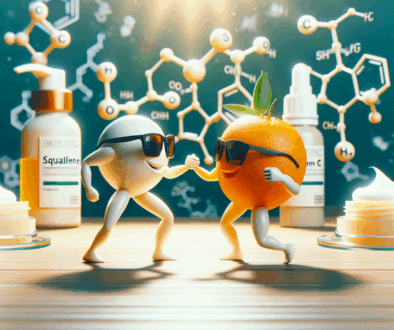Mevalonate to Squalene: Understanding the Pathway
-
Table of Contents
- Mevalonate to Squalene: Exploring the Essential Biosynthesis Pathway
- Introduction to the Mevalonate Pathway
- Key Steps in the Mevalonate Pathway
- Enzymatic Regulation and Genetic Control
- Biological Significance and Health Implications
- Pharmaceutical Applications and Therapeutic Interventions
- Conclusion: The Importance of the Mevalonate to Squalene Pathway
- Explore ETprotein’s High-Quality Protein Products
Mevalonate to Squalene: Exploring the Essential Biosynthesis Pathway
Introduction to the Mevalonate Pathway
The mevalonate pathway is a crucial metabolic route in cells that leads to the production of several key biomolecules, including cholesterol, steroid hormones, and vitamin D. Understanding this pathway is not only fundamental for biochemistry and molecular biology but also has significant implications for medical research and pharmaceutical developments. This article delves into the intricate steps from mevalonate to squalene, highlighting the biochemical processes and their importance in human health.
Key Steps in the Mevalonate Pathway
The conversion of mevalonate into squalene involves several biochemical reactions, each catalyzed by specific enzymes. Here, we explore these steps in detail:
- Conversion of Acetyl-CoA to Mevalonate: The pathway begins in the cytosol, where acetyl-CoA is converted to mevalonate through a series of reactions involving the enzyme HMG-CoA reductase. This step is crucial as it is a major regulatory point in cholesterol synthesis.
- Formation of Isopentenyl Pyrophosphate (IPP): Mevalonate is then phosphorylated and decarboxylated to yield isopentenyl pyrophosphate, a key intermediate in the synthesis of all isoprenoids.
- Conversion of IPP to Squalene: Several molecules of IPP undergo head-to-tail condensation to form farnesyl pyrophosphate (FPP), and two FPP molecules then join to produce squalene, a precursor to sterols, including cholesterol.
Enzymatic Regulation and Genetic Control
Each step in the mevalonate pathway is tightly regulated by enzymes that are, in turn, controlled by genetic factors. For instance, HMG-CoA reductase, the enzyme catalyzing the first step, is a focal point of regulation and is influenced by drugs such as statins, which are used to lower cholesterol levels in blood.
Biological Significance and Health Implications
The products of the mevalonate pathway are vital for numerous biological functions:
- Cholesterol Synthesis: Cholesterol is essential for maintaining cellular membrane integrity and serves as a precursor for the synthesis of steroid hormones and bile acids.
- Steroid Hormones: These hormones, which include cortisol, estrogen, and testosterone, play critical roles in regulating metabolism, immune function, and reproductive processes.
- Vitamin D Synthesis: The pathway contributes to the synthesis of vitamin D, which is crucial for bone health and calcium homeostasis.
Disruptions in this pathway can lead to various health issues, including cardiovascular diseases, due to elevated cholesterol levels, and metabolic disorders affecting hormone balance.
Pharmaceutical Applications and Therapeutic Interventions
The mevalonate pathway is a target for several therapeutic interventions:
- Statins: These are among the most commonly prescribed drugs globally and work by inhibiting HMG-CoA reductase, effectively reducing cholesterol synthesis.
- Bisphosphonates: Used in treating diseases like osteoporosis, these drugs inhibit the farnesyl pyrophosphate synthase, impacting bone resorption processes.
Conclusion: The Importance of the Mevalonate to Squalene Pathway
The mevalonate to squalene pathway is a cornerstone of cellular metabolism, impacting everything from membrane structure to hormone synthesis. Its regulation is crucial for maintaining health, and its dysregulation can lead to disease. Understanding this pathway is essential for the development of therapeutic strategies targeting a range of diseases, particularly those related to cholesterol and steroid metabolism.
Explore ETprotein’s High-Quality Protein Products
If you are looking for premium protein products that support health and wellness, consider ETprotein. They offer a wide range of high-quality, organic protein powders perfect for various applications, from sports nutrition to health supplements.
ETprotein is Squalene Factory Manufacturer and Supplier in China, Check further information by visiting the Squalene Product Page
Request Quotation and Samples of Squalene from ETprotein
About ETprotein
ETprotein, a reputable protein and elite nutrition ingredients Squalene Chinese factory manufacturer and supplier, is renowned for producing, stocking, exporting, and delivering the highest quality organic bulk vegan proteins and elite nutritional ingredients Squalene. They include Organic rice protein, clear rice protein, pea protein, clear pea protein, watermelon seed protein, pumpkin seed protein, sunflower seed protein, mung bean protein, peanut protein. Their offerings, characterized by a neutral taste, non-GMO, allergen-free attributes, cater to a diverse range of industries. They serve nutraceutical, pharmaceutical, cosmeceutical, veterinary, as well as food and beverage finished product distributors, traders, and manufacturers across Europe, USA, Canada, Australia, Thailand, Japan, Korea, Brazil, and Chile, among others.
ETprotein specialization includes exporting and delivering tailor-made protein powder and finished nutritional supplements. Their extensive product range covers sectors like Food and Beverage, Sports Nutrition, Weight Management, Dietary Supplements, Health and Wellness Products, and Infant Formula, ensuring comprehensive solutions to meet all your protein needs.
As a trusted company by leading global food and beverage brands and Fortune 500 companies, ETprotein reinforces China’s reputation in the global arena. For more information or to sample their products, please contact them and email sales(at)ETprotein.com today.












